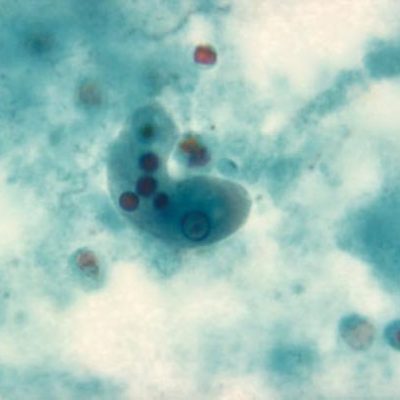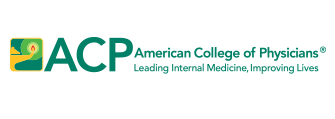Parasites
What are parasites and how do they make us sick?
Three main classes of parasites can cause disease in humans: protozoa, helminths, and ectoparasites. Protozoa and helminths largely affect the gut, while ectoparasites include lice and mites that can attach to or burrow into the skin, staying there for long periods of time.
Read MoreShould raw sushi-eaters be worried about tapeworms?
Australians love their sushi and consume more than 115 million servings of seaweed-wrapped rolls and sashimi (slices of raw fish) per year.
Read MoreExplainer: what are brain-eating amoebas and how can we reduce their harm?
Amoebas are ancient bugs that predate multicellular organisms and often hide in water and mud. Yesterday’s ABC Australian Story told the story of Jodi and Laine Keogh, whose one-year-old son Cash died from a rare, devastating disease caused by the amoeba Naegleria fowleri.
Read MoreHealth Check: what bugs can you catch from your pets?
Household pets are often a great source of joy and have positive effects on our mental well-being. For most of us, this outweighs the risk of coming into contact with any bugs they may carry.
Read MoreHealth Check: The low-down on ‘worms’ and how to get rid of them
In developing countries with poor sanitation, the most common intestinal worms are transmitted through contaminated soil. The main culprits belong to the roundworm subgroup and include threadworm, large roundworms, whipworms and hookworms.
Read More







